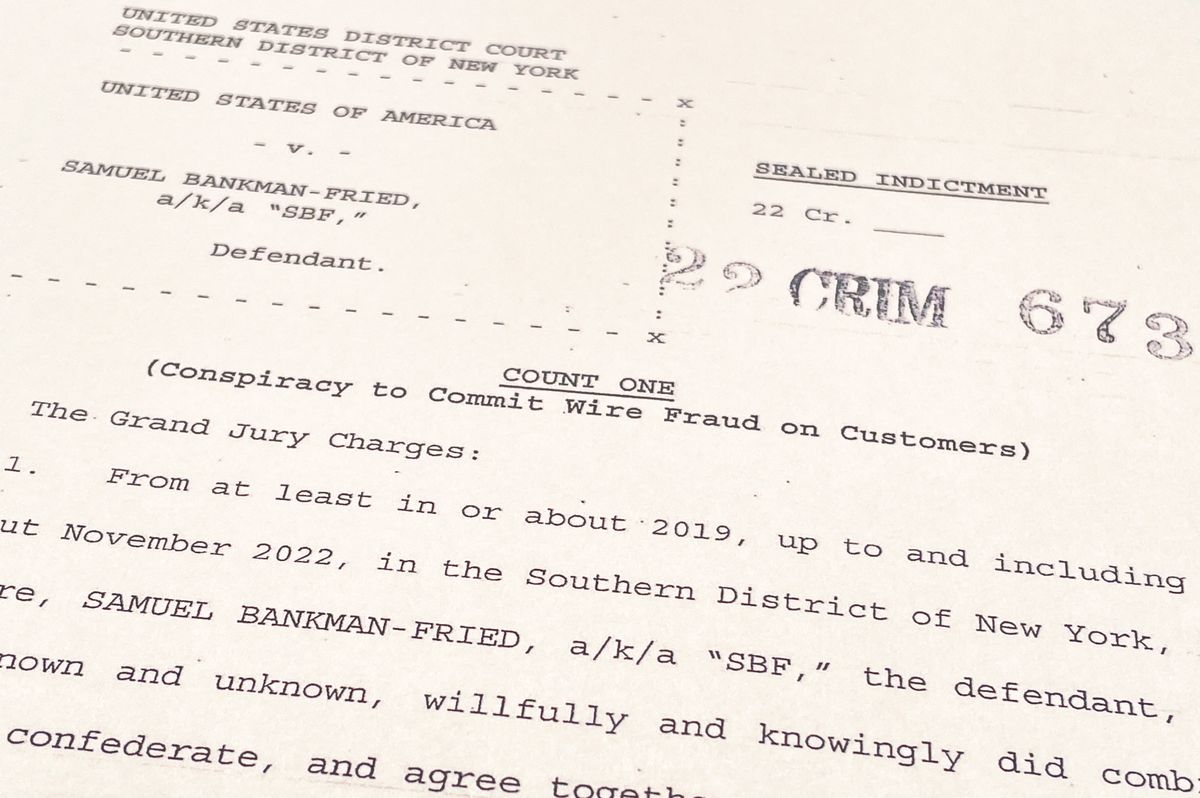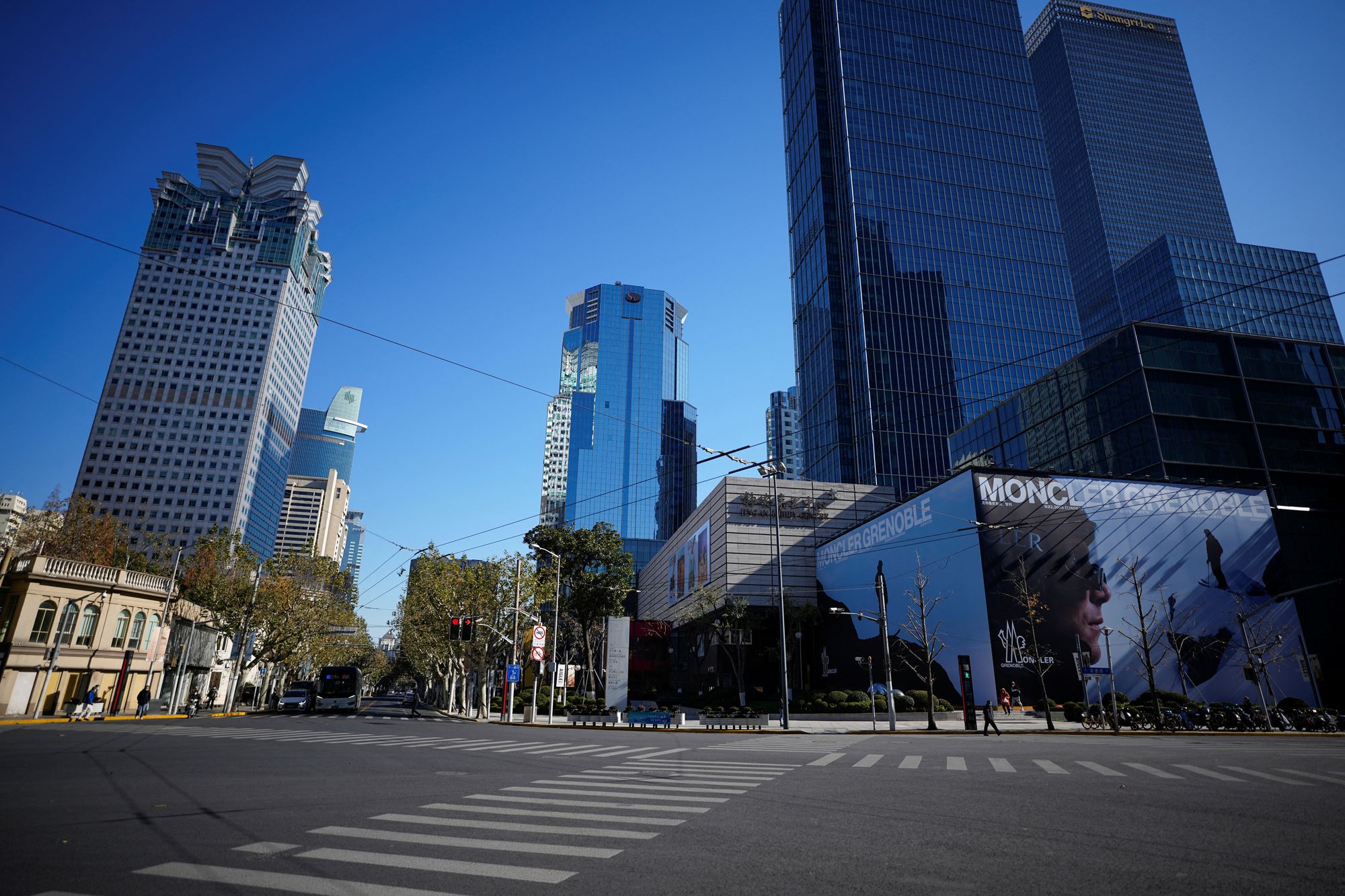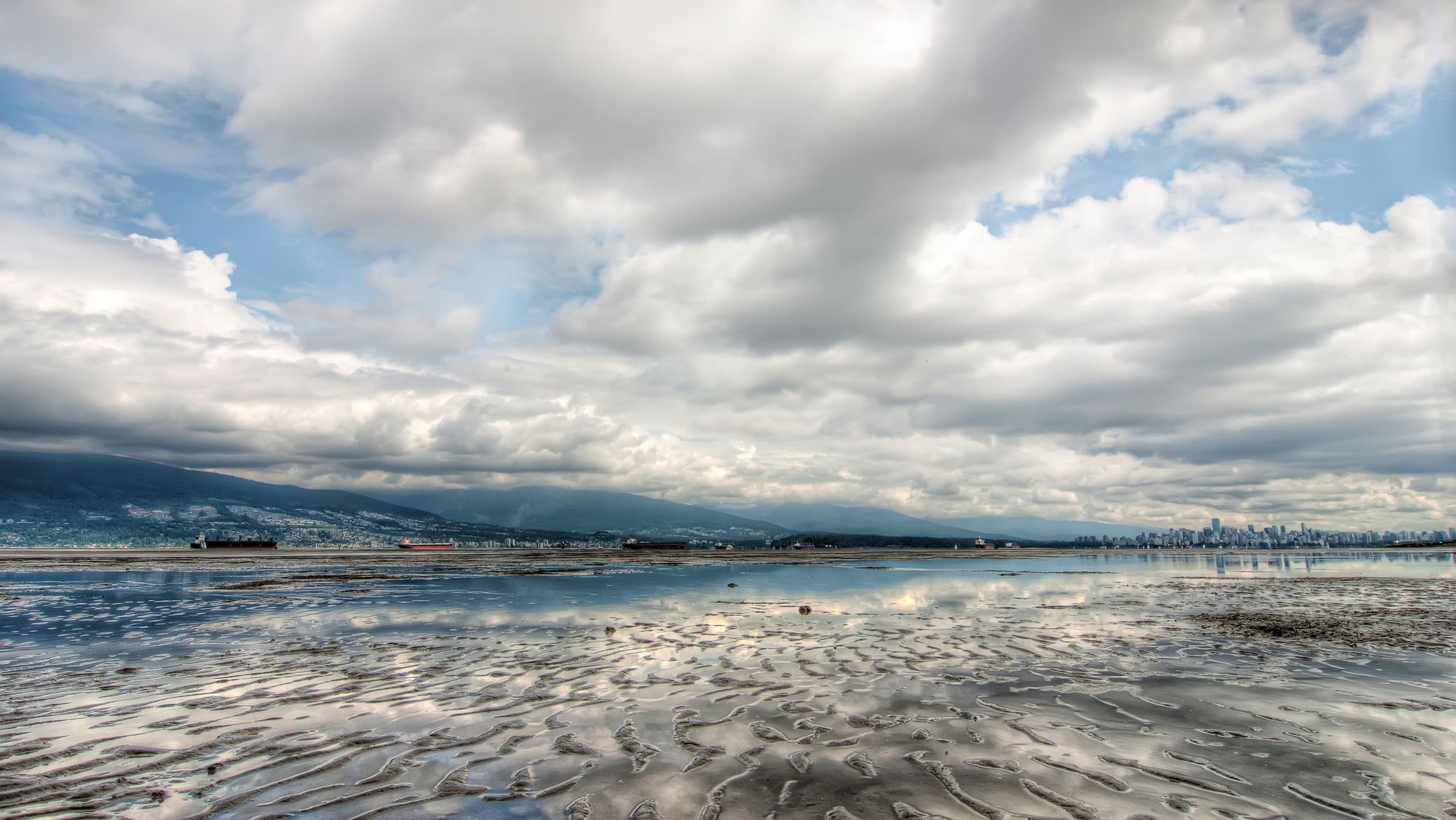From Sam Bankman-Fried on house arrest to climate tweaking – Here's your December 27 news briefing
Cryptocurrency giant FTX, which was once worth US$32 billion at its peak, essentially collapsed over the course of 10 days after media reports worried people about the company’s health.

A few minutes every morning is all you need.
Stay up to date on the world's Headlines and Human Stories. It's fun, it's factual, it's fluff-free.
To start off, we're looking into:
FTX’s 2022 in review– the US$32 million meltdown
The backstory: Cryptocurrency giant FTX, which was once worth US$32 billion at its peak, essentially collapsed over the course of 10 days after media reports worried people about the company’s health.
More recently: FTX founder Sam Bankman-Fried has been in the Bahamas, where FTX Digital Markets is based, and he was arrested two weeks ago. Last week, he was extradited to the US, where he’s facing eight criminal counts, including wire fraud, wire fraud conspiracy, securities fraud and money laundering.
The development: Now, Bankman-Fried is under house arrest at his parents’ Silicon Valley home after being released on a US$250 million bond as he waits for trial. This bond was secured by several people, including his parents (and equity in their home) and two other financially responsible parties.
Hong Kong aims to re-open border with China

The backstory: Most of the checkpoints between mainland China and Hong Kong have been closed for almost three years to tamp down the COVID spread between the two regions. For the last few months, Hong Kong has been easing its COVID curbs to re-open the financial hub, from removing mandatory quarantine for international arrivals in September to the recent removal of venue exclusions for overseas arrivals.
More recently: China is battling a huge COVID outbreak as it also looks to ease COVID rules, with an estimated 248 million people infected with COVID in December, according to an internal meeting of China’s National Health Commission.
The development: On Saturday, after Hong Kong Chief Executive John Lee returned from Beijing, he announced that the city plans to “gradually, orderly and fully” re-open its borders with China before mid-January. China has also announced it's ending quarantine requirements for in-bound travelers starting January 8.
Could COVID mutate in China?

The backstory: Since the beginning of the pandemic, China has had one of the world’s strictest approaches to COVID – something often referred to as its zero-COVID stance.
More recently: China has been pivoting away from its zero-COVID stance even though vaccine coverage, especially among the elderly, still isn’t where the government wants it to be. With that, COVID cases are starting to ramp up.
The development: China has over a billion residents. So, each new infection is another chance for the virus to mutate. Experts say that with a partially immune population like this, the virus has a lot of opportunities to change. Scientists think that the current Chinese COVID infection uptick is spurred by the BF.7 subvariant, which is highly contagious and good at evading immunity. Other omicron variants are also likely circulating all over the country. So, experts are worried that a brand-new variant could spring up in the current outbreak and spread outside of the region.
To end, we'll look into:
Climate tweaking is becoming a thing

Geoengineering refers to a bunch of newer technologies that essentially manipulate the environment to sidestep or decrease the damages of climate change. In theory, this means that we could avoid a climate disaster without changing our behavior and that it’s also a “quicker fix.”
There are different ways of doing this, most of them controversial, and a lot of them fall under the umbrella of “solar geoengineering.” Solar geoengineering aims to cool the Earth by reducing the amount of sunlight that reaches the Earth’s surface in the first place by reflecting that light.
One way to do this is by spraying sulfate particles into the air, which scatter and absorb sunlight. It’s the same sort of stuff that's produced from desert dust and volcanoes and is controversial because of the question of air pollution and how little is known about the benefit vs. consequences at such a large scale. Doing this could also hurt some countries more than others.
Now, a startup called “Make Sunsets” is concerning scientists with its own solar geoengineering methods. The company has said that it launched a bunch of weather balloons that released these sulfate particles in the stratosphere and has apparently already run two internal test flights to inject sulfur more than 20 kilometers above the Earth’s surface, a controversial move that's annoying a lot of people.
In the company’s “About” section, it says, “We make reflective, high-altitude, biodegradable clouds that cool the planet. Mimicking natural processes, our ‘shiny clouds’ are going to prevent catastrophic global warming.”
Researchers are concerned because Make Sunsets made these launches without actually clearing it with the public or with typical scientific channels first. They’re also already trying to sell “cooling credits” for future flights.
Frank Biermann, an expert in global governance at Utrecht University, also said that government and dirty energy companies could use this as a moral hazard so that everything stays, more or less, business as usual. “Soon, everyone who is dependent on coal, oil and gas will jump on the solar engineering bandwagon and say, ‘we can continue for 40 years with fossil fuels’ now. This debate threatens to derail current climate policies. It’s a huge risk.”
In other news ...
🧕NGOs scramble in Afghanistan: The Taliban took power in Afghanistan last year after the last US troops left the country. Since then, it's been enforcing strict rules for women, including banning them from attending school and requiring them to be covered from head to toe. Now, the Taliban has banned all foreign and domestic NGOs from employing women. So, on Sunday, tons of international aid groups stopped working there altogether.
📩Nepal's new PM: Last month, Nepal had an election for the prime minister that resulted in a hung parliament. Now, a former Maoist guerrilla behind a decade-long insurgency against the country's Hindu monarchy has been appointed. His name is Pushpa Kamal Dahal, but he goes by his nickname Prachanda, which means "terrible" or "fierce."
💣Ukrainian drone shot down in Russia: On Monday, a Ukrainian drone got hundreds of kilometers into Russian airspace before Russia shot it down. It exploded at a strategic bomber base, killing three people. The fact that it was able to get so far suggests there are gaps in Russia's air defenses.
🌨Japan's blizzards: Heavy snow has been hitting northern Japan over the past week, leading to travel and power issues, and killing 17 people.
⚡Germany turns to coal: Russia cut off a major gas pipeline to Europe over the summer, and now Germany is scrambling to avoid an energy emergency. It's trying to solve the problem by turning to coal power and a new liquified natural gas infrastructure. Climate activists are not happy about this move and have been protesting across the country.
💼Gucci luggage in Paris: Gucci founder Guccio Gucci started offering travel accessories after opening his first store in 1921. Now, Gucci CEO Marco Bizzarri is trying to move the company away from short-term pop-ups for its travel line. So, earlier this week, Gucci's first-ever stand-alone luggage store opened in Paris, inspired by the founder's original store in Florence.
🌠Meteorite discoveries: Back in 2020, a meteorite fell in Somalia. It's the ninth-biggest meteorite ever found on Earth. And now, scientists have found two new minerals inside it that have never been seen on our planet before.
🏔Austria's avalanche miracle: On Sunday, there was an avalanche in Austria, and 10 people were thought to be missing after the fact. Now, all 10 of them have been found alive! Only four of them were injured (one seriously).
🐶Pilot adopts abandoned dog: A young dog named Polaris was abandoned in the airport by its owner, who decided to keep traveling without him rather than deal with the paperwork. Luckily, a pilot named Captain William Dale was able to adopt him before the holidays. The San Francisco SPCA and United Airlines took care of the pooch until matching him with the United pilot and his family.
Written and put together by Joey Fung, Vanessa Wolosz and Christine Dulion




Comments ()